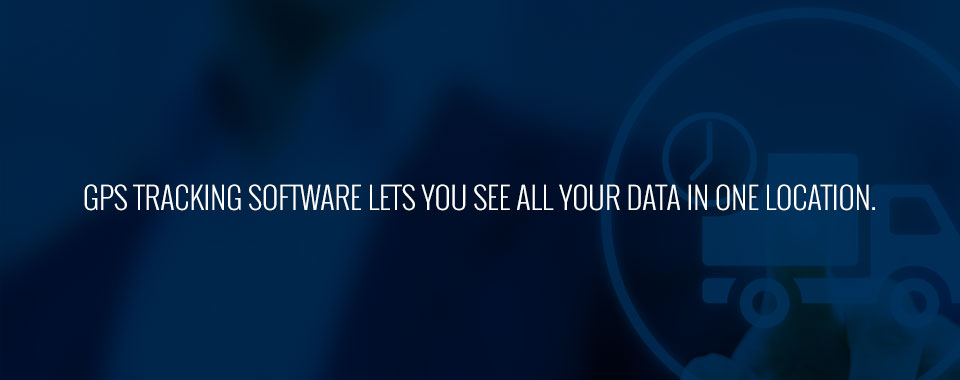
As a company owner or fleet manager in today’s highly competitive transportation environment, the more information you have at your disposal, the more effectively you can monitor the performance of your drivers and trucks. A GPS truck tracking system enables you to gather essential data about your vehicles. You’ll be able to make informed decisions that will increase efficiencies and significantly reduce your operating expenses.
![]()
GPS truck tracking entails the installation of a tracking unit, typically under the dashboard of the vehicle. The device is out of sight and reach to prevent device tampering — the driver doesn’t even have to know it’s there. A web-based software platform that is accessible via an internet-connected computer or smartphone provides tracking information.
A GPS tracker for semi-trucks typically use cellular transmission, requiring areas where there is cell coverage to transmit the signal. If a driver traveling in remote areas moves out of range, the system will store the GPS messages and send them to the server when the unit regains a cellular signal.
Systems consist of both hardware and software. While hardware will vary depending on the type of fleet your company manages and whether you prefer covert tracking, it must be compatible with the tracking software your company uses. The hardware tracks vehicles and sends the information to the software, a centralized hub for fleet activity data.
GPS tracking systems will provide real-time information regarding key data such as vehicle speed, location, direction and time, all of which are invaluable to fleet managers. They also collect historical data, which fleet managers can utilize for analytical purposes.

You can choose among various GPS truck tracking systems to fit your company’s needs and seamlessly integrate your current vehicles and technology. Track Your Truck offers multiple solutions for your company, including:
When looking to buy a GPS truck tracking system, you should begin by creating a list of questions. Contemplating your company’s needs will help you narrow down your options to select the best system.
Start by asking yourself these 10 questions when evaluating the best truck tracking system for your company:
Before choosing a GPS truck tracking system, create a list of features you need. You’ll want to ensure the system you choose includes all the resources your business requires.
Popular features that come with truck tracking systems include:
Track Your Truck tracking solutions make it easier for fleet managers to reduce costs and provide better service. With our advanced GPS truck monitoring technology, you’ll be able to improve driver efficiency and safety. Our software is also customizable, which will allow you to adapt the devices to your unique vehicle requirements, continually giving you an excellent return on your investment.

We offer exceptional customer service, videos and training materials so you can properly implement your system for your specific needs. Plus, partnering with Track Your Truck is risk-free since we offer a 30-day money-back guarantee and a one-year warranty.